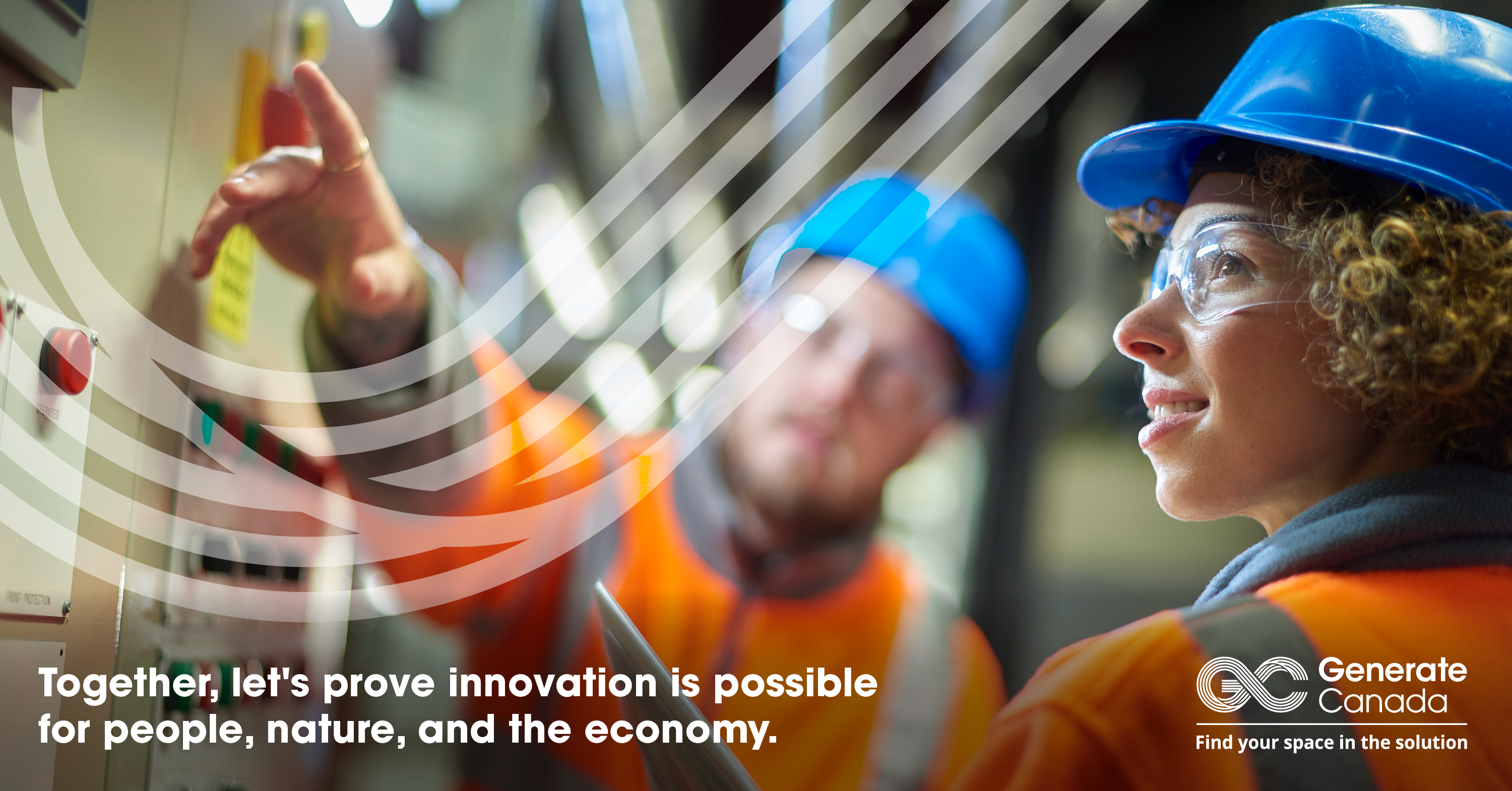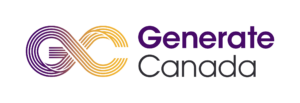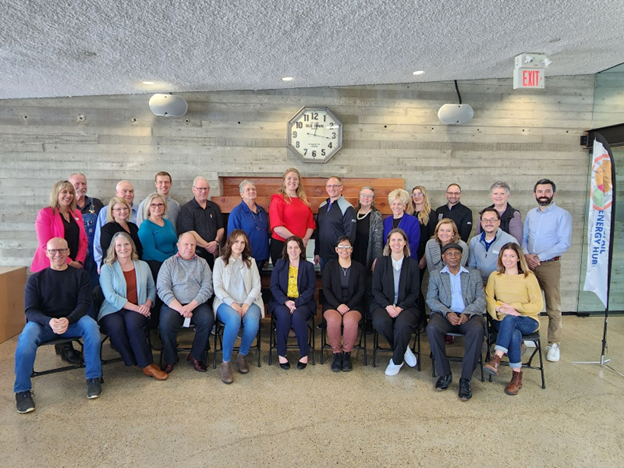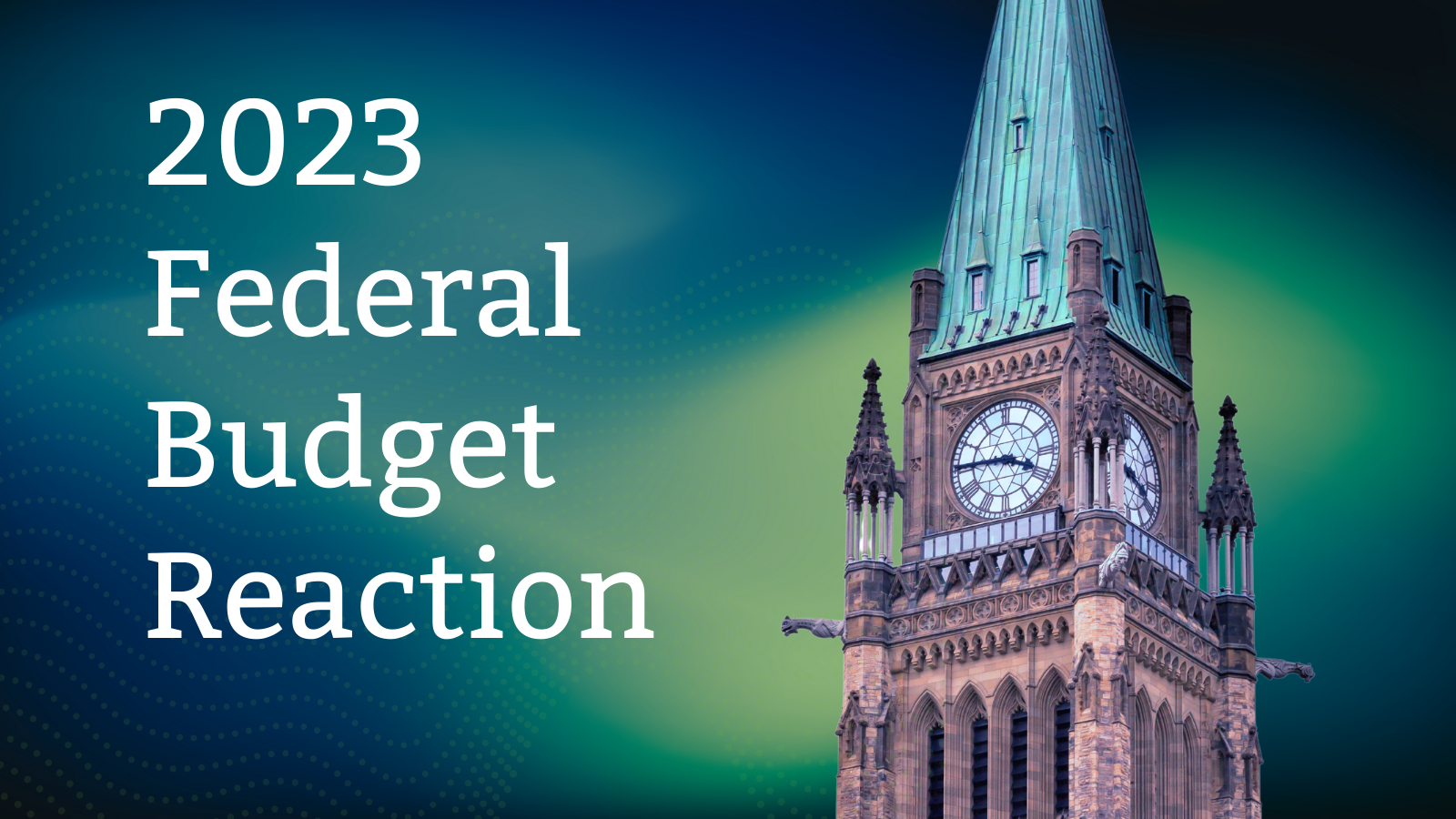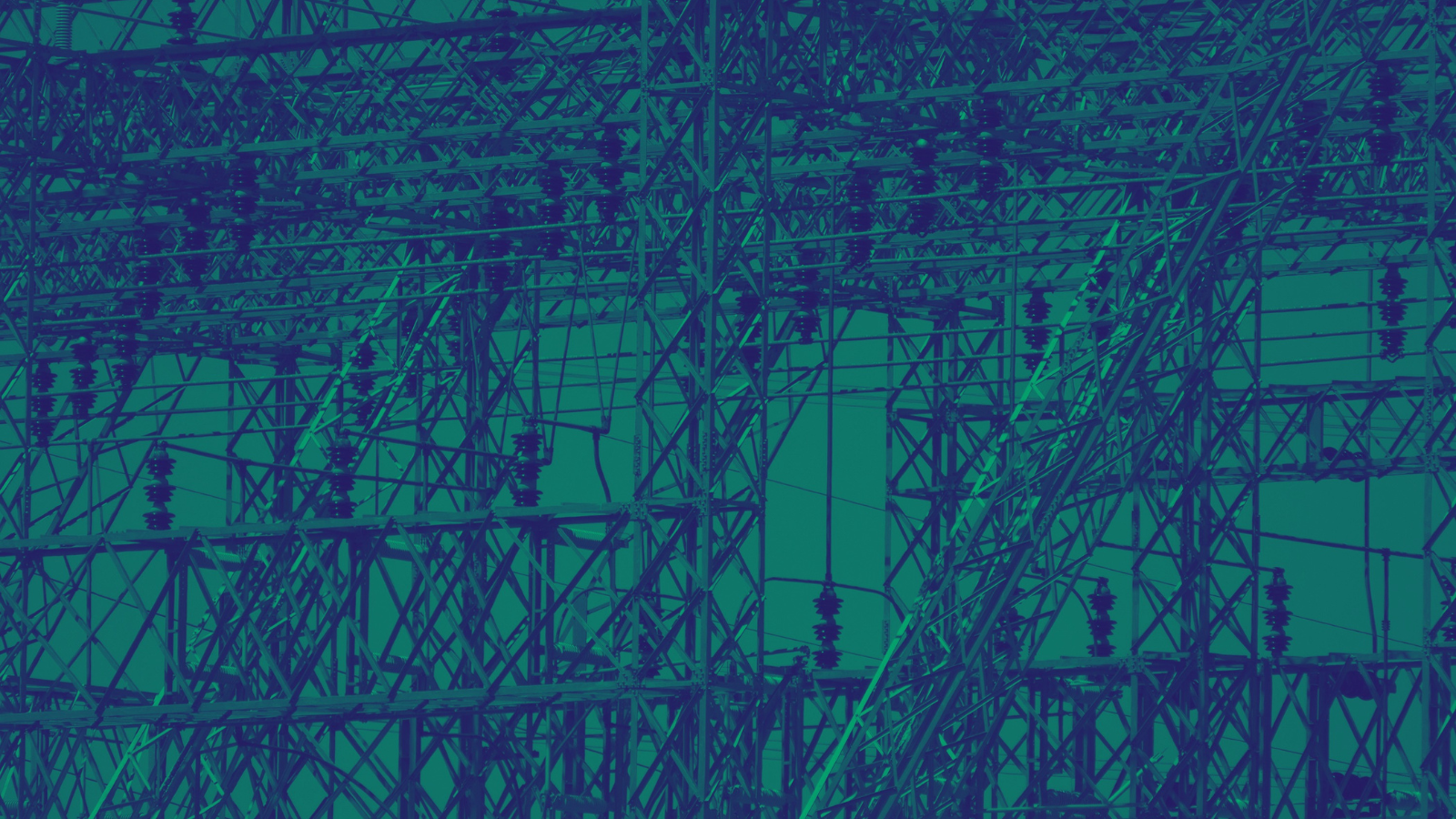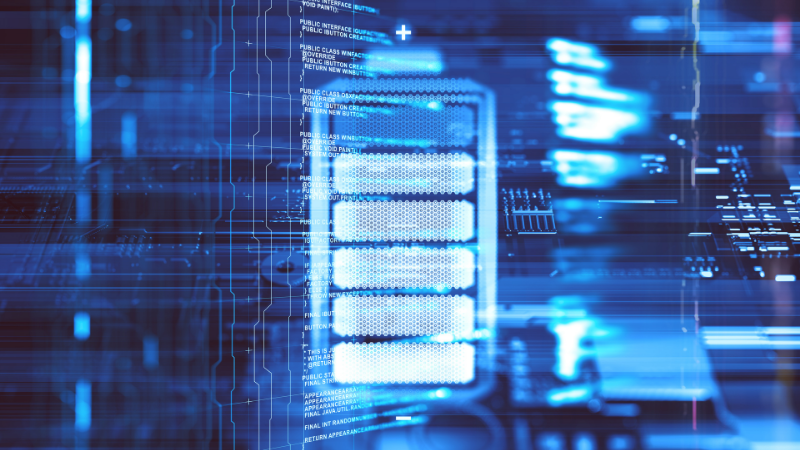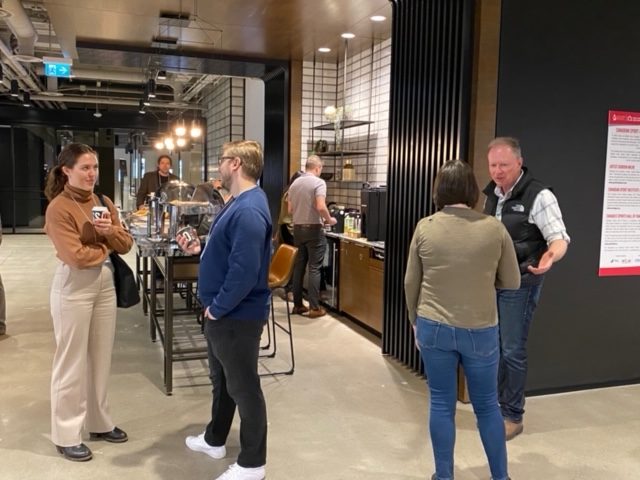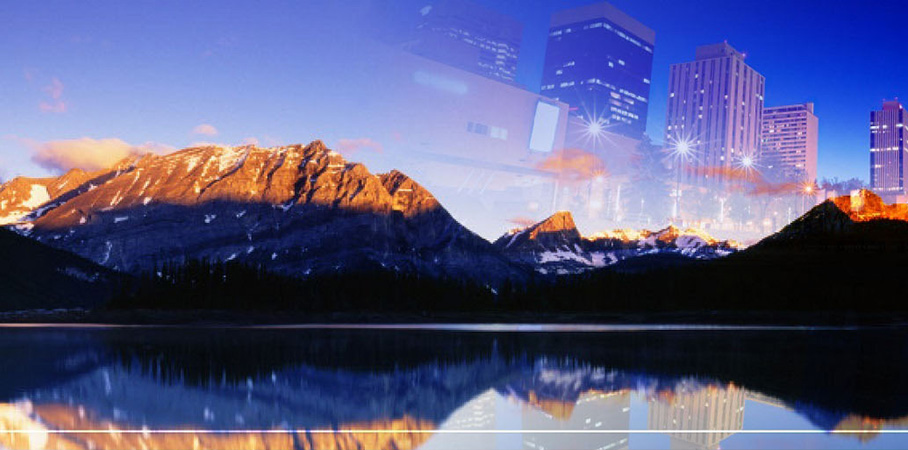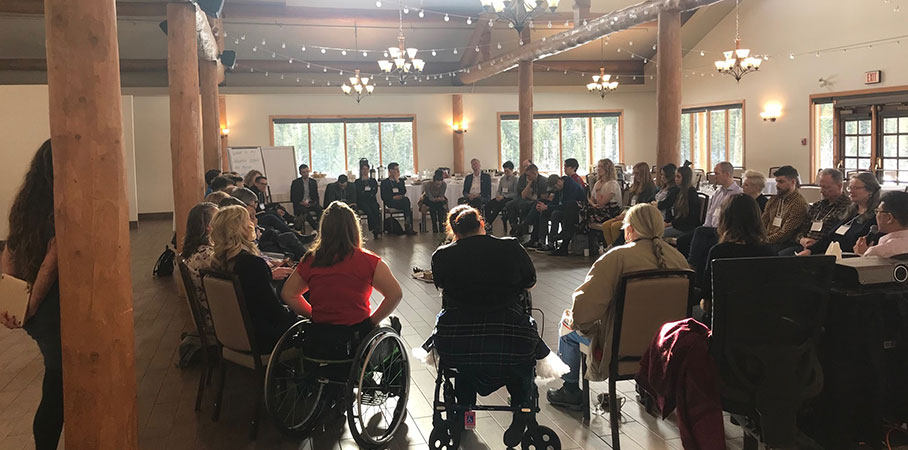Dear Lab Community,
Over the past nine years the Energy Futures Lab (EFL) has been hosting innovation processes and supporting collaborative solutions to create the energy system the future requires of us.
Throughout that time, we’ve been working within a dynamic energy system in a constant state of change – one that looks vastly different than it did even just a few years ago. Over the years, the ground has been readied and we are now seeing the seeds planted by the EFL over the years grow into opportunities in need of further acceleration, and solutions requiring our support to scale.
Announcing a Strategic Shift
In response, the EFL is evolving our approach to accelerating the energy transition in Alberta. This responsiveness is a part of our nature as a social innovation lab, and one of the collective strengths we have been cultivating together over the last nine years.
The EFL model, established in 2015, was created in response to widespread polarization on the subject of energy transition in Alberta and Canada. Together with our incredible network of Fellows, Ambassadors, partners and advisors, we have achieved collaborative action and policy impact on many fronts critical to the energy transition: battery metals value chain alignment, sustainable aviation fuels, digital innovation solutions, transition finance policy, engaging rural communities, and Indigenous economic reconciliation, to name just a few. We have also contributed to culture and strategy shifts in key organizations and deepening our shared journey and commitment to truth and reconciliation with Indigenous Peoples in Canada.
Over that time, we’ve also undertaken a number of strategic pivots – adapting our way of working to meet the evolving needs of the system in order to make the most impact.
Most notably, this next transformation involves changing how we convene our core community of diverse innovators, leaders and energy transition champions, while ensuring that we carry forward the essential characteristics that make the EFL and its community so unique and special.
Where are we going now?
In part because of the work we’ve done together in the past nine years, the challenges we’re responding to now are different, and require an update in approach. Broadly, it’s now less about addressing the questions of “why do we need an energy transition, what it means and how should we work together?” and more about moving on to the challenge of “what are the top priorities and how do we get there at the pace and scale required?”
FOCUS
Given this context, beginning in January 2024 the Lab will focus its resources (and capacity for multi-stakeholder engagement) on enabling new growth industries that will position Alberta’s economy to thrive in a net-zero future. Our emphasis on doing this in a way that is inclusive, equitable, and in alignment to the spirit of Truth and Reconciliation with Indigenous people, partners and communities will continue.
EVOLVING THE LAB STRUCTURE
In service of this direction, the Lab will convene around a maximum of two-to-three Innovation Challenges at any given time. These are multi-year, multi-phased, deep-dive explorations of urgent and “wicked” challenges undertaken with coalitions made up of industry and subject matter experts, partners, communities and Rights Holders.
By focusing our efforts in concentrated areas, we believe that we can better mobilize our resources and our network to achieve outcomes that will have a significant impact toward creating the future energy system. An Innovation Challenge will result in smaller, specific scoped initiatives that will be supported by the EFL in ways that are required for their success (e.g. design and facilitation, fundraising, partnership brokering, communications, evaluation). Our initial confirmed Innovation Challenge is Alberta’s Electricity Future, with others to be identified and added over time.
Alongside the Innovation Challenge stream, the Lab will also undertake a series of Strategic Inquiries. These will be time-bound projects of a smaller scale, designed to explore the possibility of establishing an Innovation Challenge. To identify, prioritize and scope the challenges the EFL will work on, we will undertake research as well as convening the broader network to help sense what is most important to address in the energy system at the time.
FELLOWS, AMBASSADORS AND OUR LAB COMMUNITY
Since the Lab’s earliest days, the heart of the EFL has been its Fellowship. As we keep an eye to what role the system needs the EFL to play now, we are evolving how we engage this exceptional network of leaders.
As of September 2023, the Lab will no longer be accepting applications for its Fellowship and will evolve to a hyrbid model Ambassador program, designed specifically for past Fellows, partners, and strategic advisors. The 2024 hybrid EFL Fellowship and Ambassador Program is designed to accommodate different needs and engagement preferences within our community. Open to all current and past Fellows, this program provides participants with the flexibility to apply either as a Fellow or an Ambassador
EFL Fellows and Ambassadors, collectively, continue to be a group of innovators and influencers working in today’s energy system who explore and hold the significant tensions inherent in our mission. We will continue to leverage the network built over the past nine years to system sense, contribute to Innovation Challenges, and show leadership in mobilizing others to advance toward our shared vision.
This hybrid approach offers a singular cohort and program with roles tailored to individual preferences. The program aims to provide a dynamic and inclusive platform for all past Fellows, Ambassadors, and Alumni, fostering continuous learning, collaboration, and organizational support.
While we are not currently accepting applications for intake to our core Fellow & Ambassador community from the general public for 2024, we are committed to ensuring that our wider community is able to continue to contribute their ideas, knowledge, and skills to our mission in meaningful ways. We encourage you to stay informed and connected by signing up for our quarterly EFL Newsletter. This newsletter is your gateway to receiving updates and discovering opportunities for learning and active participation in our initiatives. It’s an excellent way to stay closely connected to the Lab and engage with our work.
The EFL Way
We attribute much of the Lab’s success over the past nine years to our co-creation and nurturing of a unique organizational DNA, informed by the strength of the commitment, lived experiences and hearts of those who have shown up to contribute to this incredible community. In particular, the emphasis on intentional and thoughtful approaches to convening diverse perspectives, our attention to equity in our work, as well as our commitment to continuously improve how our work includes and benefits Indigenous people and communities, and contributes to advancing their priorities and perspectives. These principles have emerged as important cornerstones of ‘The EFL Way’. How these shape our work and our collective achievements is core to the value we bring to the system, and will remain so going forward.
